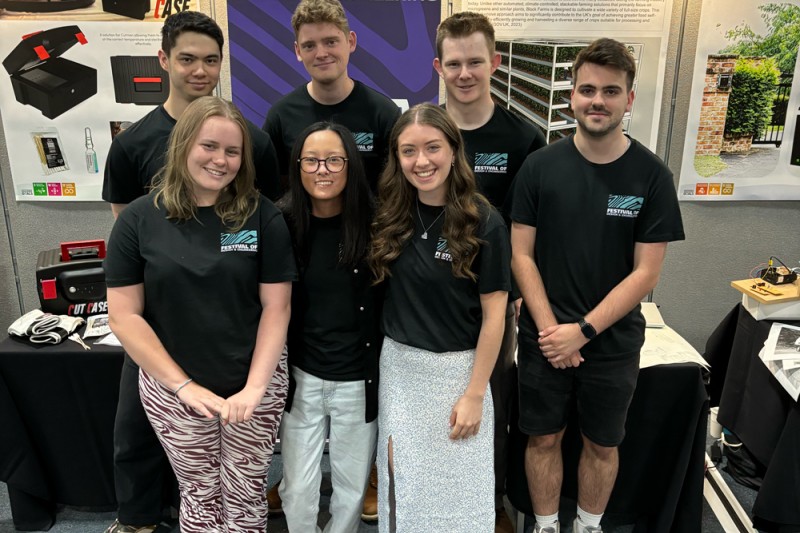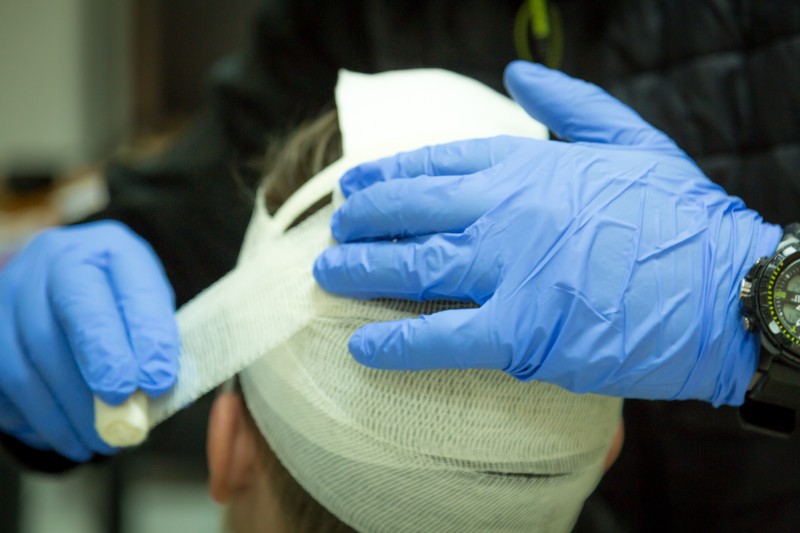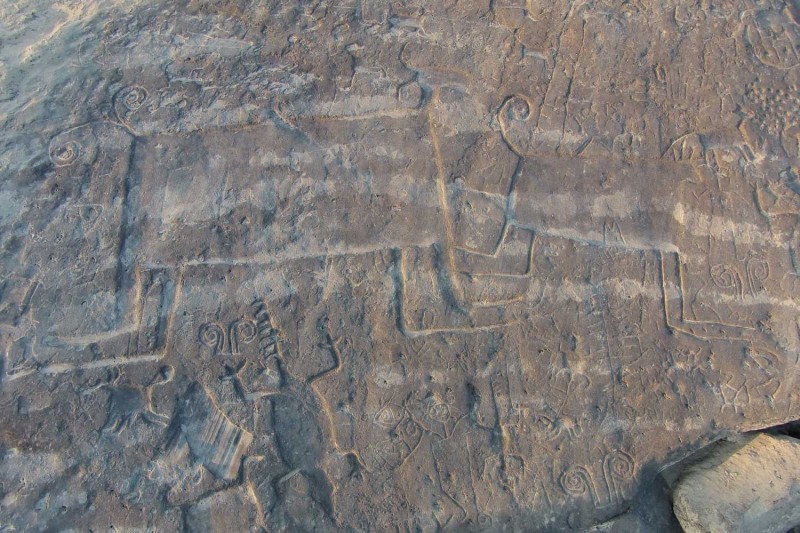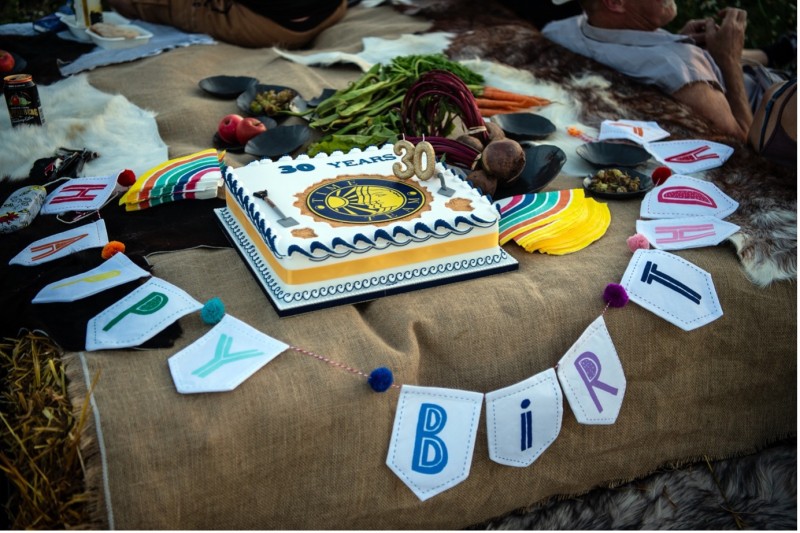BU Archaeology lecturer Dr. Miles Russell spoke about his research into the history beneath Stonehenge for a BBC documentary.
The programme, Operation Stonehenge: What Lies Beneath, explained how archaeologists take a high-tech approach to discovering the history of Stonehenge and have started to explore the surrounding areas using 21st century technology to study over ten thousand years of human development.
Dr. Russell’s research has discovered that flint found underground in Grime Graves were also found in the form of prehistoric tools when the digging up of the surrounding areas of the Stonehenge.
The mining of the flint was an incredibly complex and dangerous process with the mines reaching sizes of 12 and a half metres deep.
Russell said during the documentary: “These mines are quite an achievement when you think the people excavating these mines were only using stone and bone tools.”
Russell, who is also director of Regnum and co-director of the Durotriges Project, gave evidence that shows these prehistoric communities who built the mines were capable of large scale and complicated projects, furthering the discoveries of how the Stonehenge was created.
The programme is available to watch again on BBC iPlayer.
By Charlotte Cranny-Evans
Charlotte is a graduate of Budmouth College in Weymouth, who is working at Bournemouth University in the Press and PR Department. She joined BU on a Sir Samuel Mico Scholarship, which provides 10 students from the college with work experience for four weeks over the summer.



